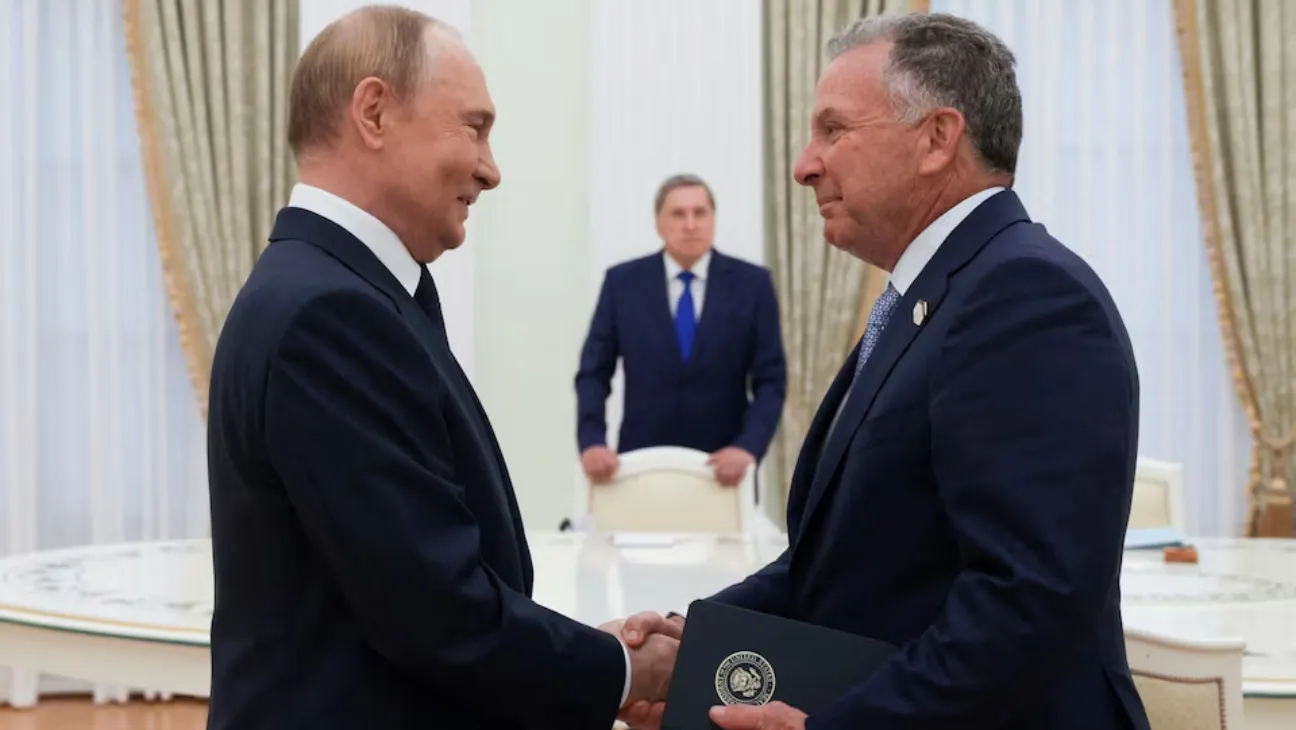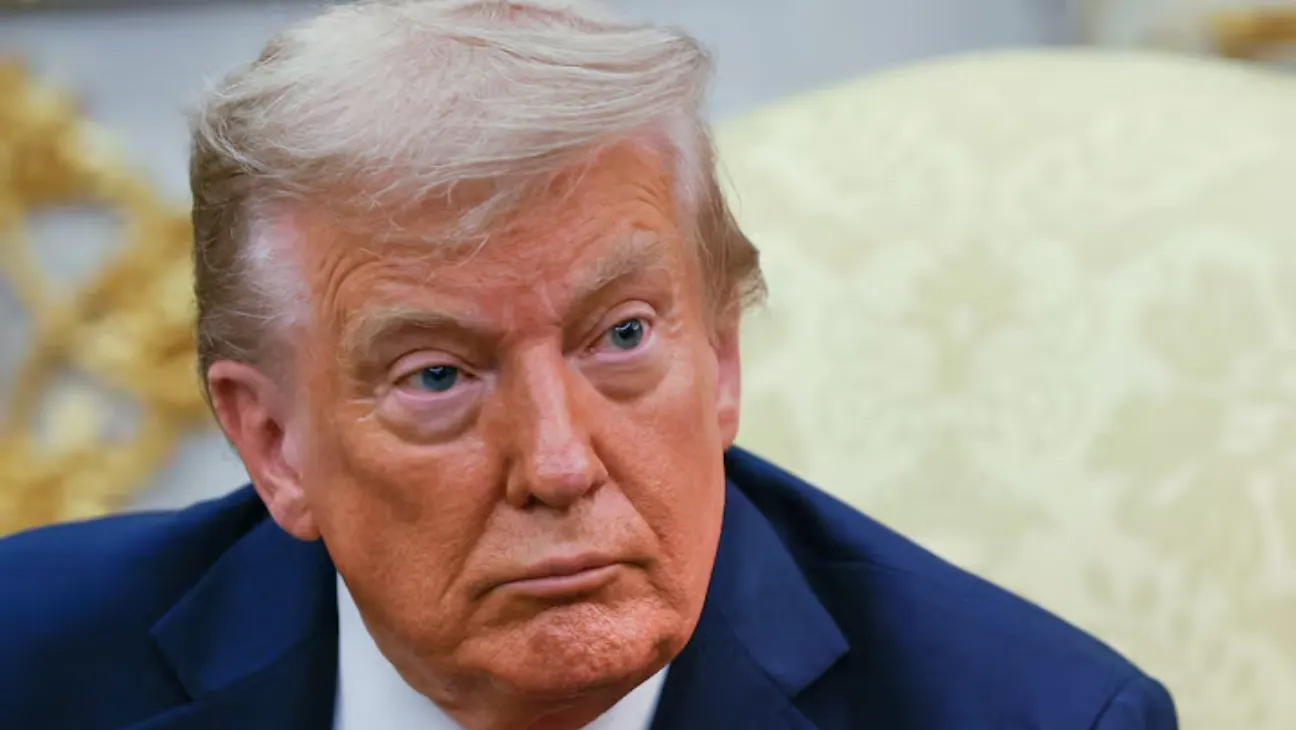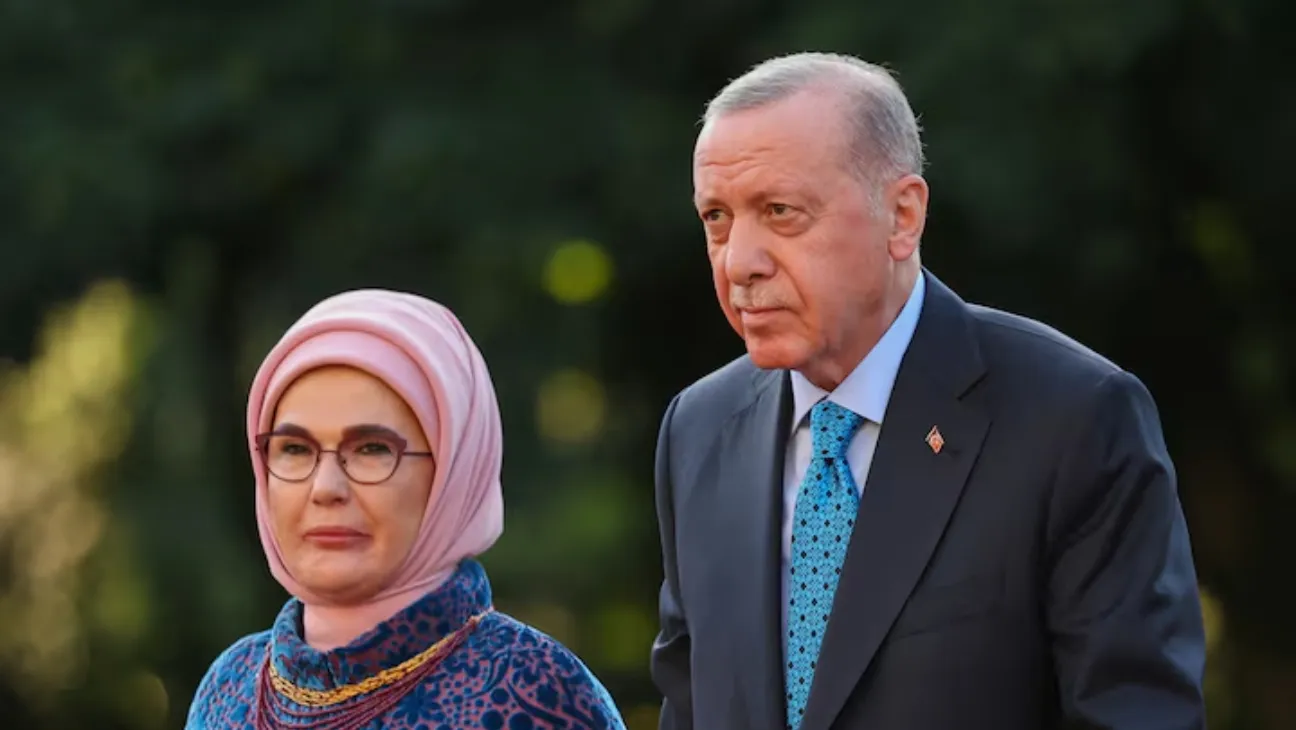There’s buzz in the White House that a meeting between Donald Trump and Vladimir Putin could happen as early as next week. If it does, it would be a huge deal—the first time the leaders of the U.S. and Russia have sat down together since 2021.
What makes the timing so interesting is that this is happening while the U.S. is getting ready to slap sanctions on any country still doing business with Russia, hoping to force Moscow’s hand in Ukraine. This all seems to stem from a three-hour, closed-door meeting that U.S. envoy Steve Witkoff just had with Putin.
Trump said the talks had made “great progress,” though he also warned that Russia faces new penalties if it does not agree to a peace plan.
“The Russians expressed their desire to meet with President Trump, and the President is open to meeting with both President Putin and President Zelenskiy,” White House press secretary Karoline Leavitt said.
Trump told European leaders during a conference call that he intends to meet Putin and then consider a trilateral session with Ukrainian President Volodymyr Zelenskiy, according to U.S. and German officials.
Sanctions and pressure on Moscow
Trump has given Russia a deadline of Friday to move toward a ceasefire or face secondary sanctions that target countries buying Russian exports, including oil. The White House said the measures are still expected to be implemented, even after Witkoff’s discussions with Putin.
On Wednesday, Trump also imposed an additional 25% tariff on imports from India, citing New Delhi’s continued purchases of Russian oil. The increase brings some tariffs on Indian goods to 50%, making them among the highest faced by any U.S. trading partner. No similar order has been issued for China, which also imports Russian crude.
The Kremlin has dismissed such penalties as illegal and ineffective. Sources close to Russian leadership told Reuters that President Putin remains skeptical that new U.S. sanctions will significantly affect Russia’s economy after more than three years of war and repeated sanctions rounds.
Ceasefire prospects and cautious optimism
Despite the hard line, both sides suggested some movement toward potential de-escalation. Kremlin foreign policy aide Yuri Ushakov said “signals” were exchanged on the Ukraine conflict, and local media reported that a temporary moratorium on airstrikes was discussed.
Ukrainian President Zelenskiy, in his nightly address, said, “It seems that Russia is now more inclined to a ceasefire. The pressure on them works. But the main thing is that they do not deceive us in the details – neither us nor the U.S.”
Since resuming direct talks in May, Russia has launched some of its heaviest airstrikes of the war, killing at least 72 people in Kyiv. Ukraine has continued retaliatory attacks on Russian refineries and oil depots.
Andriy Yermak, Zelenskiy’s chief of staff, said a full ceasefire and a summit involving the leaders remain essential. “The war must stop and for now this is on Russia,” he wrote on Telegram.
Trump said he updated European allies after Witkoff’s meeting and reiterated that achieving a “lasting and reliable peace” is the goal. Whether Putin will accept U.S. terms ahead of the sanctions deadline remains uncertain.









